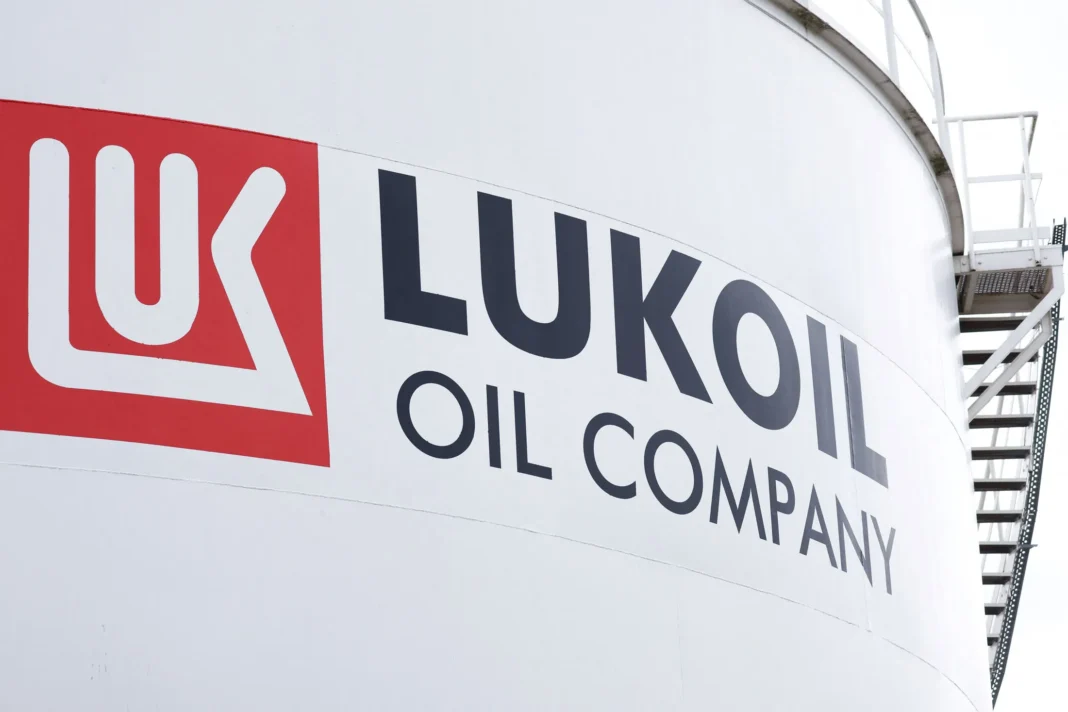Energy of Russia’s investments in Iraq sector rise to $20 billion, reflecting stronger economic cooperation between the two countries. Russian Ambassador to Iraq, Elbrus Kutrashev, announced that Moscow has increased its presence in Iraq’s oil and gas industries, up from $19 billion in 2024.
Kutrashev confirmed that three Russian companies are currently producing oil in Iraq under formal agreements. A fourth Russian firm is now preparing to enter the gas sector, further deepening Russia’s role in Iraq’s energy future.
These developments highlight a growing partnership centered on energy and infrastructure. Russian companies such as Lukoil, Gazprom, and Rosneft are already active in Iraq, particularly in the Kurdistan Region. According to the Primakov Center in Moscow, these firms are responsible for the bulk of Russian investment in Iraq, focusing on large-scale oil and gas operations.
In addition to energy, Iraq and Russia are coordinating on major transport initiatives. The two countries aim to align Iraq’s Development Road with Russia’s International North–South Transport Corridor (INSTC). The INSTC is a 7,200-kilometer-long freight network that connects Asia to Europe by sea, rail, and road. If coordinated successfully, this synergy could boost regional trade and logistics.
Earlier this year, Iraqi Foreign Minister Fuad Hussein and Russian Energy Minister Sergei Tsivilev signed memoranda of understanding covering several sectors. These include energy, health, maritime transport, and trade. During their joint press conference, both ministers stressed their commitment to deepening cooperation and reviewing existing deals for possible upgrades.
Russia’s investments in Iraq have played a key role in supporting Iraq’s oil production. With most of Iraq’s economy still dependent on energy revenues, partnerships with global players like Russia remain vital. Russia views Iraq as a strategic partner in the Middle East, both economically and politically.
Energy remains the core of this cooperation. As Russia’s investments in Iraq’s energy sector rise to $20 billion, it becomes clear that Moscow is not just investing in oilfields—it’s investing in long-term influence.
In conclusion, Russia’s investments in Iraq’s energy sector rise to $20 billion with three key impacts. First, it strengthens bilateral energy ties. Second, it supports Iraq’s economic growth. Third, it expands Russian influence in the region.


